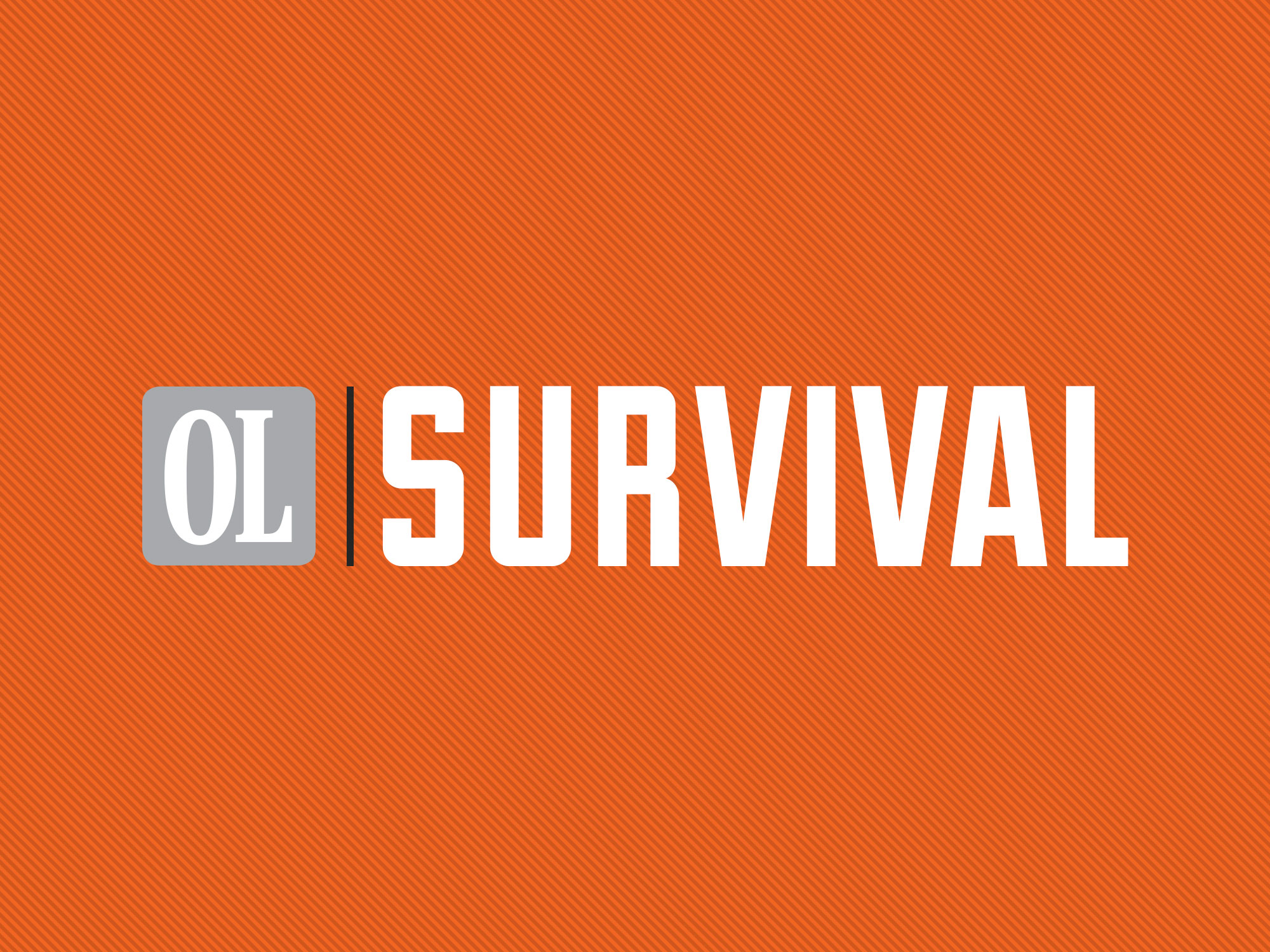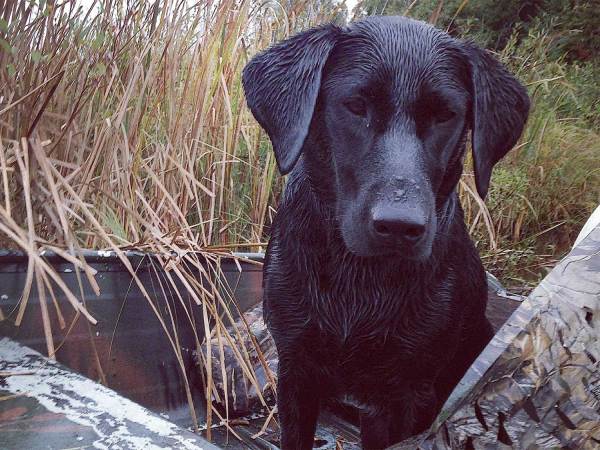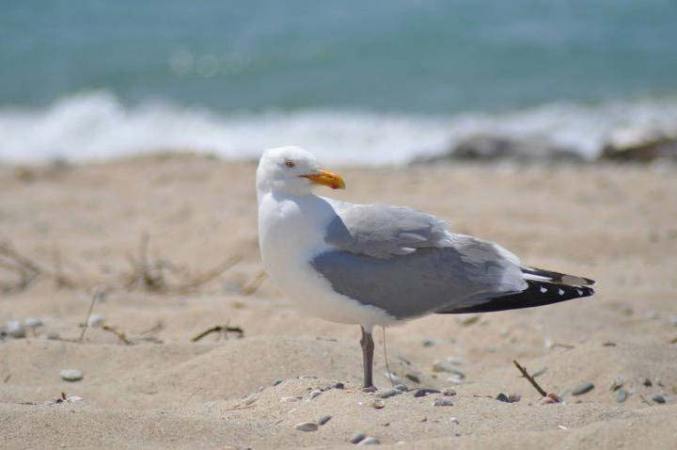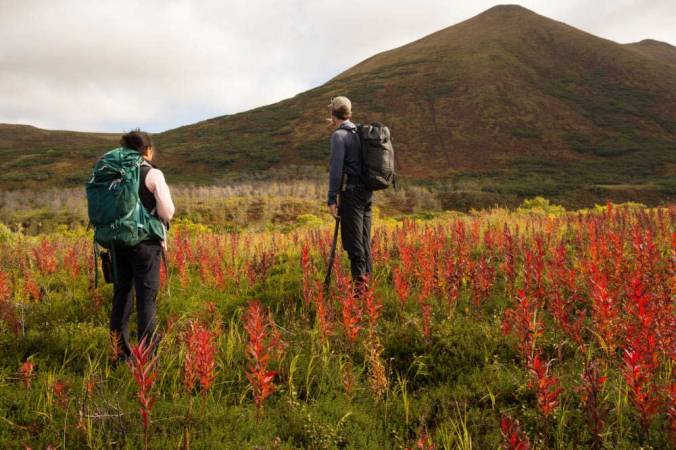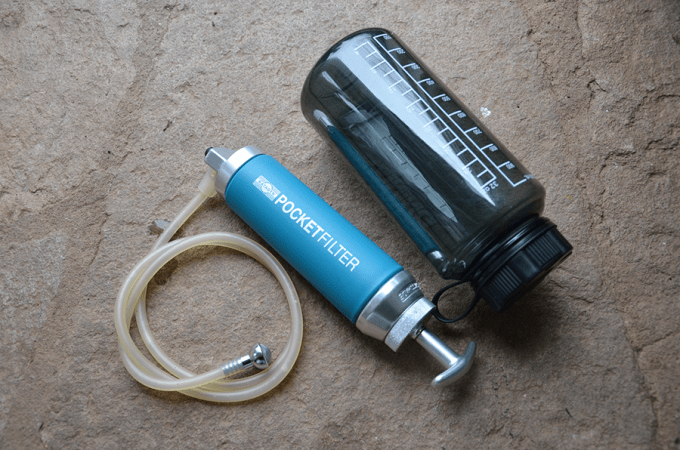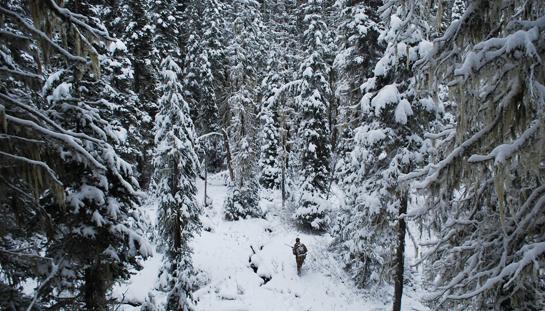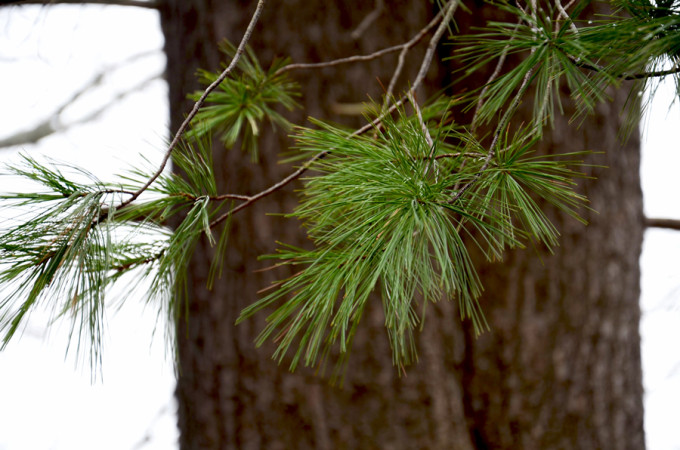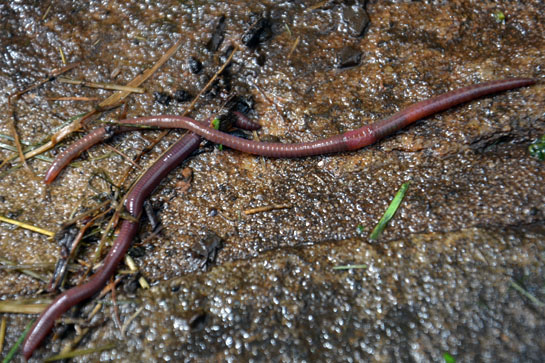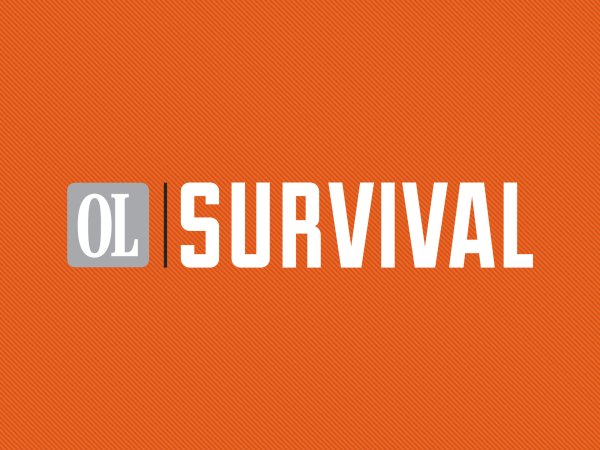A taboo is defined as an act that is forbidden, unacceptable or unhealthy. In the realm of survival, it’s easy to stray into this territory. Pop culture survival books and television shows often demonstrate all kinds of outdoor tricks that are neither acceptable, nor healthy. Which are the worst offenders? Which acts should be taboo?
Here are the top five things I wouldn’t be caught dead doing.
#5 The Universal Edibility Test
This test was devised for the right reasons, but it doesn’t take into account the two worst elements in emergencies (human error and Murphy’s Law). This test has been offered to survival novices as a way to determine if a plant is safe to eat. Through a number of physical trials, you look for negative reactions before you finally ingest the mystery plant. My problem with this test is the fact that the wrong plant could be fatal, and not register a negative reaction before it comes to the eating portion of the test. My advice: If in doubt, DON’T EAT IT!
**
4 Drinking Urine**
At the risk of offending some of our more delicate readers, let’s just say that because some survival show host drank urine, it doesn’t mean that swilling pee is a good idea for you. Urine is full of concentrated waste products, and drinking it would steal more water from your body in order to reprocess that waste. The net result is a negative (and a revolting one at that). Even if you’re lost at sea or stuck in the desert, urine goes out for a very good reason. Don’t even think about bringing it back in.
#3 Eating Snow
If it’s cold enough for snow, chances are good that it is cold enough for hypothermia. Eating snow to fill a hungry belly or slake a thirst is a bad idea. You need to warm the snow up to return it to a fluid state before consuming it. Otherwise, you are just chilling your throat and stomach, and cooling your body core from the inside. That’s a bad idea. There’s also yellow snow to worry about, but we’ve already touched on that subject matter.
#2 “Going To Look For Help”
This taboo costs people their lives. Going to look for help in an emergency should never be taken lightly, and it shouldn’t happen early in an emergency. Unless it’s a very unusual scenario, you should stay put for 72 hours at a minimum, before you start planning for “self-evacuation.” Give your searchers a chance to find you before you start thinking about self-rescue. Then again, can you be certain that someone is looking for you? This takes us to the Number 1 taboo.
#1 Failure To Leave A Flight Plan
Somebody responsible needs to realize that you should have been home yesterday in order for the authorities to determine that a search and rescue mission is justified.
If no one knows that you are in trouble, then who’s going to call out the dogs to find you?
Before you go out, tell somebody your trip details, like your destination, your path, your parking area, your estimated return time and any other known info. Do this for every trip.
And if you are the one to make that call to the authorities, be sure to say that your buddy is “lost,” not missing. Don’t even say the word “missing” during the phone call. Missing persons reports happen all the time, and are generally police jurisdiction. If your buddy is truly lost in the woods, all the trip information you have collected will be very valuable to the search party looking for him or her.
So what taboos do you avoid? Please tell us in the comments.
